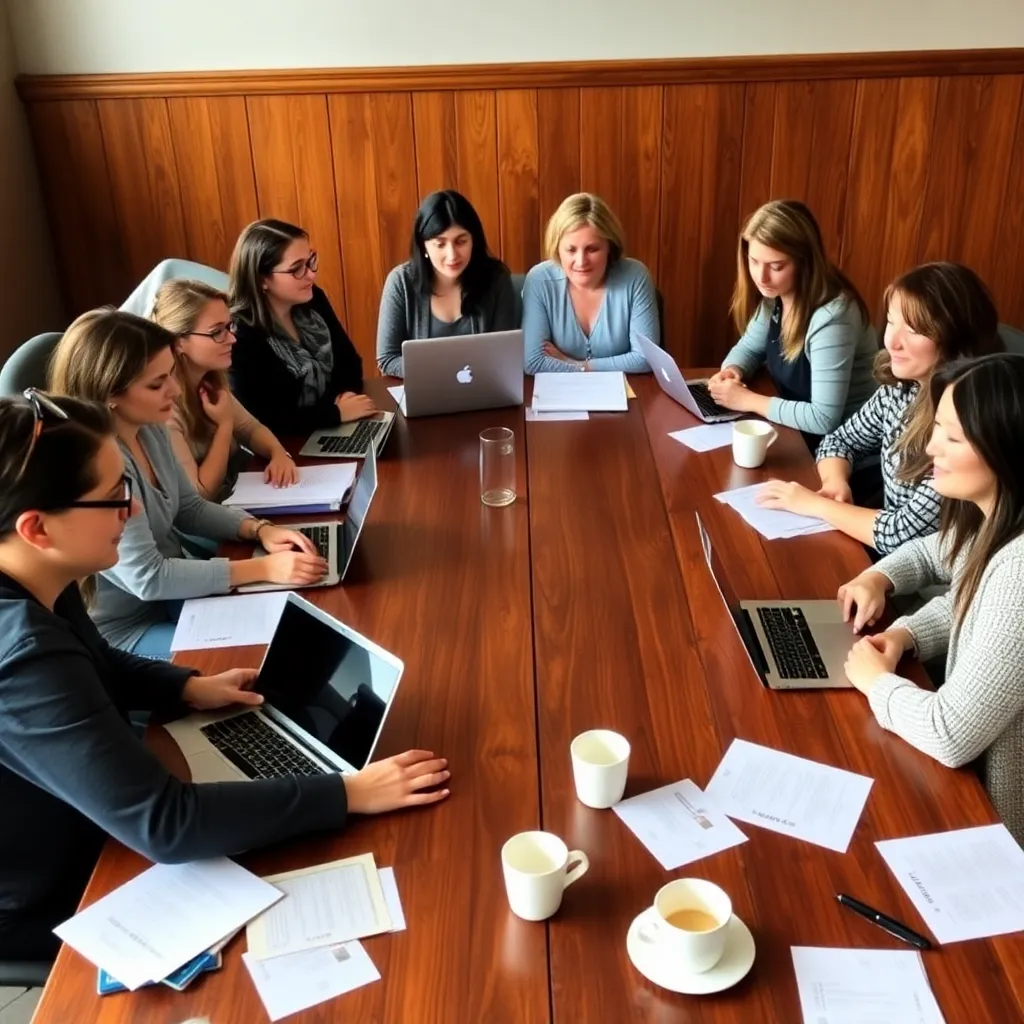
The academic community, known for its pursuit of knowledge and innovation, harbors a secret that few dare to discuss openly: the prevalence of substance-use disorders among its members. Despite the emphasis on mental health and wellness, researchers and academics struggling with addiction often suffer in silence, fearing stigma and repercussions in their careers. It’s a taboo that not only affects the well-being of individuals but also hinders the progress of research and the academic environment as a whole.
The Hidden Epidemic
Substance-use disorders are not uncommon in academia. The high-pressure environment, coupled with the stress of securing funding, publishing research, and meeting deadlines, can drive some individuals to seek solace in drugs or alcohol. However, the stigma associated with addiction prevents many from seeking help, fearing that disclosure could damage their professional reputation and relationships with colleagues.
The Need for Open Dialogue
Those who have overcome their struggles with substance-use disorders and are now in recovery often express a desire for more open and honest discussions about addiction within the academic community. They believe that fostering an environment where individuals feel comfortable seeking help without fear of judgment or retribution is crucial. By speaking up, they hope to encourage others to do the same, promoting a culture of understanding and support.
Challenges in Seeking Help
One of the significant barriers to seeking help is the fear of being labeled as “weak” or “unreliable.” The competitive nature of academia exacerbates this fear, as individuals worry that admitting to a substance-use disorder could jeopardize their chances of securing grants, promotions, or tenure. Moreover, the lack of resources and support tailored specifically to the needs of academics struggling with addiction further complicates the recovery process.
Creating a Supportive Environment
To break the stigma surrounding substance-use disorders in academia, institutions must take proactive steps to create a supportive and non-judgmental environment. This can include providing access to confidential counseling services, support groups specifically for academics, and resources for managing stress and mental health. By promoting a culture of openness and understanding, universities can encourage individuals to seek help without fear of repercussions, ultimately fostering a healthier and more productive academic community.
The struggle with substance-use disorders in academia is a hidden epidemic that requires immediate attention. By breaking down the barriers of stigma and fostering an environment of support and understanding, we can encourage individuals to seek help freely. It’s time for the academic community to acknowledge the prevalence of addiction among its members and take concrete steps to address it. Only through open dialogue and collective action can we create a healthier, more supportive environment that allows researchers and academics to thrive.







